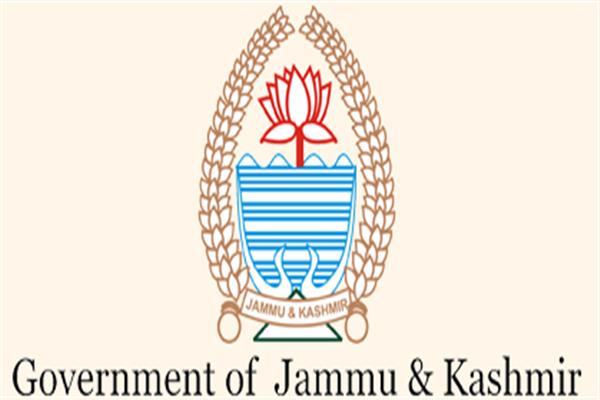Step imperative to check corruption, maladministration in ULBs
Enacted 8 yrs back, legislation remains unimplemented
Mohinder Verma
JAMMU, Jan 1: Though over two months have lapsed since the successful culmination of Urban Local Bodies (ULBs) elections in Jammu and Kashmir yet the Government has not initiated any step for the appointment of Municipal Ombudsman as per the provisions of the legislation enacted in 2010 to check corruption and maladministration in these grass root democratic institutions.
Official sources told EXCELSIOR that in order to ensure that there is complete transparency in the functioning of the Urban Local Bodies (Municipal Corporations, Municipal Committees and Municipal Councils), the Jammu and Kashmir Municipal Ombudsman Act was enacted in 2010 and it received the assent of the Governor on October 23, 2010.
The basic objective of the legislation was to establish Municipal Ombudsman for the purpose of investigating charges or corruption or maladministration in the Urban Local Bodies in the State.
However, this vital legislation has remained unimplemented so far as because of non-serious approach on the part of the Housing and Urban Development Department, which has to initiate the first step in this regard by taking up the issue with the Chief Secretary, sources informed.
What to talk of period between 2010 and 2018 when there were no duly elected Urban Local Bodies in the State, even more than two months after the successful culmination of Urban Local Bodies elections on October 17, 2018 no efforts have been made for implementation of Jammu and Kashmir Municipal Ombudsman Act, they said, adding “even discussion has not been initiated on the appointment of Municipal Ombudsman, which otherwise have an important role to ensure complete transparency in the functioning of the Urban Local Bodies”.
This is notwithstanding the fact that in the recent past the Governor, in exercise of the powers vested under Proclamation No. P-1/18 dated June 20, 2018, had amended J&K Municipal Ombudsman Act, 2010. The amendment was primarily carried out to pave the way for appointment of Ombudsman during the Governor’s rule that too on the recommendation of a committee comprising of one of the Advisors and Chief Secretary.
In the Act of 2010 it was mentioned that appointment of Municipal Ombudsman shall be made on the recommendation of a committee comprising of Chief Minister, Chairman of the Legislative Council, Speaker of Legislative Assembly and the leader of the Opposition in the Legislative Assembly.
Moreover, by way of amendment eligibility criteria for the Ombudsman was enhanced and besides Judge of the High Court or is eligible to be appointed as Judge of the High Court provision of appointment of a person who has held the post of Commissioner/Secretary to the Government or equivalent rank was also incorporated.
The importance of institution of Municipal Ombudsman can be gauged from the fact that under the Act the Ombudsman has been given the powers to investigate into any allegation contained in a complaint or on reference from the Government; enquire into any complaint in which corruption or maladministration of a public servant or a Municipality is alleged; pass an order on the allegation where the irregularity involves a criminal offence committed by a public servant, causes loss or inconvenience to a citizen; direct the Municipality to give compensation and to reimburse the loss from the person responsible for the irregularity.
Moreover, the Ombudsman can pass orders in the cases where the irregularity involves loss or waste or misuse of the fund of the Municipality, realise such loss from those who are responsible for such irregularity and where the irregularity is due to omission or inaction, cause to rectify the mistake.
The Act further states: The Ombudsman shall, for the purpose of any investigation or enquiry, have the same powers as are vested in a Civil Court while trying a suit under the Code of Civil Procedure. Moreover, the Government may, on the request of the Ombudsman, make available the services of officers and employees including police personnel to assist Ombudsman in the conduct of investigation.
“If, after any investigation or inquiry, the Ombudsman finds that there is a prima-facie case against the accused involving in a criminal offence, the Ombudsman may refer the complaint and the findings to a competent authority with recommendation to initiate prosecution”, the Act further read.


